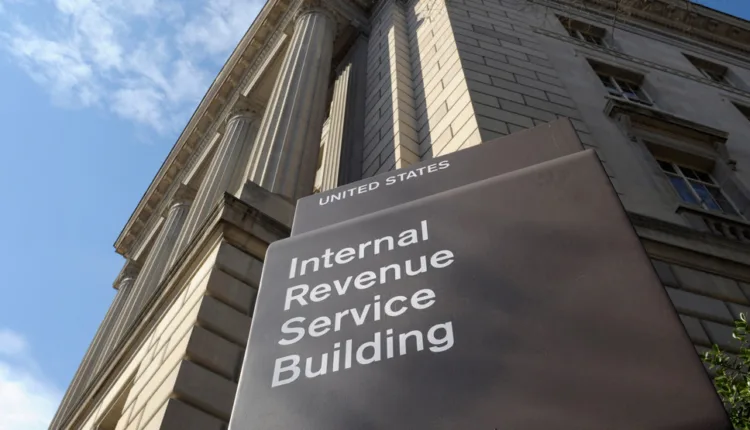
2024 Election May Determine IRS’s Fate
TL/DR –
The IRS commissioner, Daniel Werfel, testified before Congress, receiving criticism from Republicans who argue the agency is failing taxpayers and wasting parts of the $80 billion investment from the Inflation Reduction Act. Democrats, however, praised the agency for its progress, with Werfel arguing that long-term funding for the IRS would help close the tax gap and improve customer service for taxpayers. The future of the IRS, particularly its funding, could be influenced by the outcome of the 2024 election and which party controls Congress and the White House.
IRS Commissioner Defends Multibillion-Dollar Investment Amid Partisan Disagreements
On Thursday, Congress saw heated disagreements regarding the Internal Revenue Service’s (IRS) handling of a multibillion-dollar investment. Commissioner Daniel Werfel testified before the House Ways and Means committee, arguing for the effectiveness of the agency amid criticisms from Republicans.
Republicans claimed the IRS wasted portions of the $80 billion Inflation Reduction Act investment, while Democrats praised the agency’s progress. The outcome of the 2024 elections could determine the future of the IRS depending on which party gains majority control.
Republicans have aimed to offset government spending by reducing IRS funding, particularly concerning the influx of agents auditing wealthy taxpayers. On the other hand, Democrats argue that cutting funding would protect tax-evading corporations.
Werfel asserted that providing the IRS with long-term funding could help close the tax gap. The nonpartisan Congressional Budget Office (CBO) and other groups have confirmed this theory. Closing the tax gap could decrease the federal deficit, which is projected to reach $54 trillion over the next 10 years.
The CBO report in 2022 estimated that the IRS funding could generate revenues of over $180 billion from 2022 to 2031. If the removed portion of the Inflation Reduction Act funding is restored, tax revenues could increase by as much as $561 billion over the next decade.
Improved customer service for taxpayers is another benefit of the funding. Prior to the investment, taxpayers struggled with long wait times and lack of in-person assistance.
Customer service has seen improvements since the Inflation Reduction Act’s passage. A GAO report confirmed a 65% increase in answered calls during the 2023 filing season and reduced average wait times.
However, Republicans have expressed concerns over the IRS’ request for an additional $800 million in appropriations, given that only a fraction of the original investment has been spent. The IRS’s future may also depend on the White House’s political affiliation.
Current President Joe Biden supports long-term IRS funding, while former President Donald Trump proposed mixed funding levels.
—
Read More US Economic News
